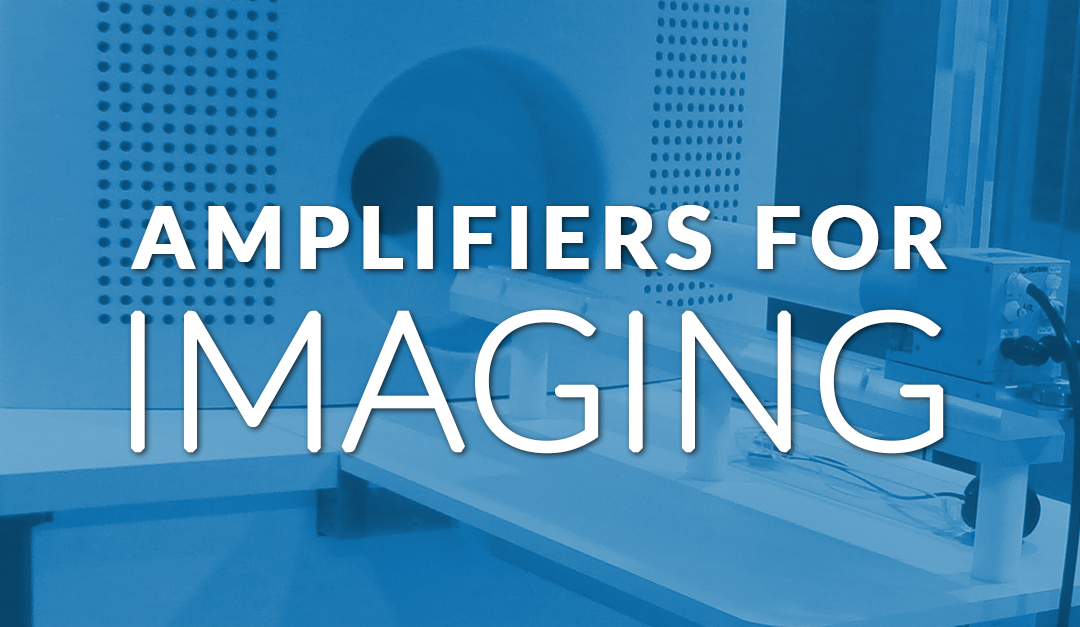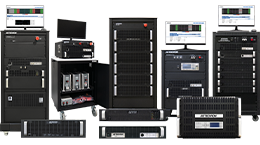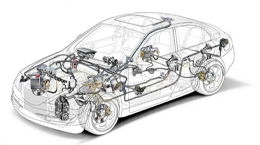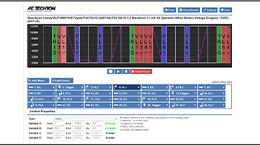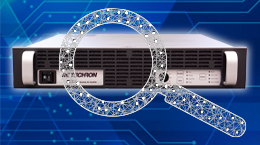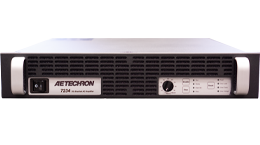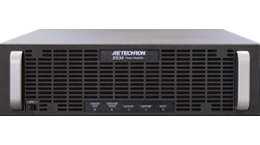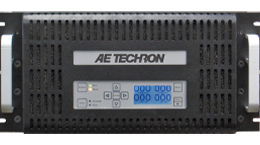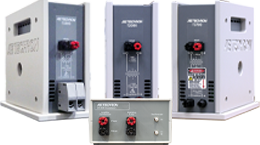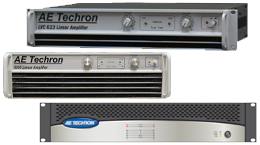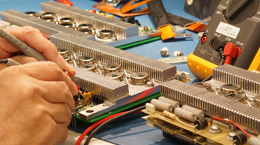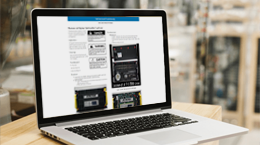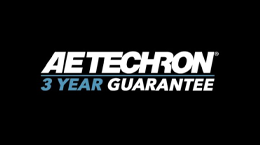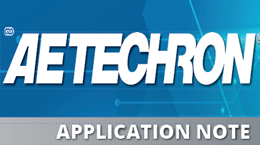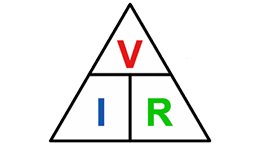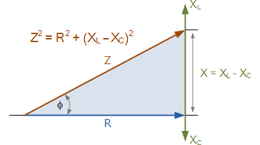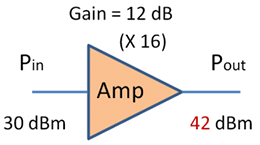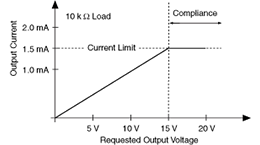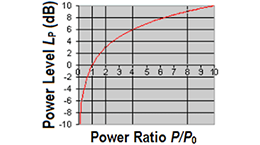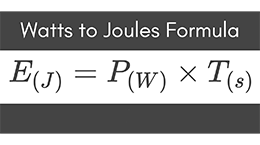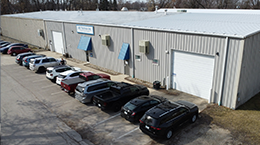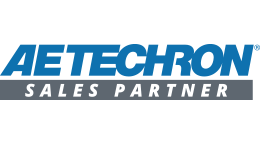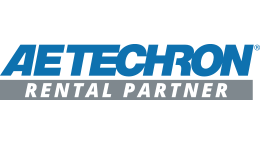Say MRI and most people think of human or hospital MRIs, also known as large or wide-bore magnetic resonance imaging. But did you know there are other sizes and categories of imaging, including small-bore and low-field MRI, MPI, and NMR?
While MRI is often used for medical applications, imaging technologies are also used in various industrial and research applications. And a necessary piece of equipment for each of these technologies and applications is a low noise power amplifier.
In this article we will discuss the power amplifier requirements for imaging that fall into three categories:
- MRI – Magnetic Resonance Imaging
- MPI – Magnetic Particle Imaging
- NMR – Nuclear Magnetic Resonance
MRI
While wide-bore MRIs are traditionally used for full-body scans in diagnostic medicine and biomedical research, it also may be used to form images of non-living objects. The major components of an MRI scanner are the main magnet, which polarizes the sample, the shim coils for correcting shifts in the homogeneity of the main magnetic field, the gradient system which is used to localize the region to be scanned, and the RF system, which excites the sample and detects the resulting NMR signal.
A gradient amplifier is a key component of this system. It increases the energy of the signal before it reaches the gradient coils to produce the variations in the main magnetic field for localization of the received signal. AE Techron’s 7000 Series gradient amplifiers are high-power, DC-enabled linear current amplifiers. They offer a wide bandwidth, no switching noises, and exceptional control of drift and distortion.
As a subset of traditional medical MRI, small-bore and low-field MRI systems are often used in veterinary settings, for scanning specific parts of the body, as portable scanning solutions when the subject can’t be moved or in research projects. These settings often require an amplifier that can handle rugged environments, is small so easily portable, and drives a weaker magnetic field. AE Techron’s 7224 is a 50A capable, DC-enabled liner amplifier with an integrated power supply, that offers a wide bandwidth and exceptional control of drift and distortion. Its small size and ability to run from 120V/230V single-phase power, makes it ideal for use in small-bore systems.
MPI
Magnetic particle imaging is a new imaging modality, currently seen in low-volume research or small-scale manufacturing. MPI does not see tissues, but creates a fully 3D image of tracer particles. It uses superparamagnetic iron oxide nanoparticles (SPIOs) at 10-30 nanometers in size as a tracer. These particles respond very strongly to a magnetic field.
What is unique about this application, is the requirement to stay between 20-40kHz and provide continuous power for 45 minutes. At these frequencies, linear amplifiers become an uneconomical solution.
AE Techron produces switch-mode amplifiers that operate in this frequency range. Our 8504 is a great solution for applications using MPI. Rated current, for a given voltage, is available for all waveform types at frequencies from DC-50kHz. Voltages from 0-250 VRMS are available with no changes in configuration.
NMR
Applications for nuclear magnetic resonance include mining, specifically deep earth mineral deposit scanning and analysis of core samples. It is also industrially used in organic chemistry for the analysis of chemicals. In simple terms, NMR is a one-channel MRI. It doesn’t create a 3D picture, but instead is able to identify the chemicals that are present in a sample.
Frequency range for these applications runs 2-23 MHz, which means linear amplifiers are often used with this type of imaging system. Besides lab settings, this industry also often requires robust/mobile amplifiers for rugged outdoor environments.
This is another market where AE Techron provides a compelling solution. Our 7000 Series of linear amplifiers work very well in this imaging space, providing options depending on the work setting.
If you wish to learn more about how AE Techron provides solutions for the Imaging market, contact our office to schedule a consultation.

